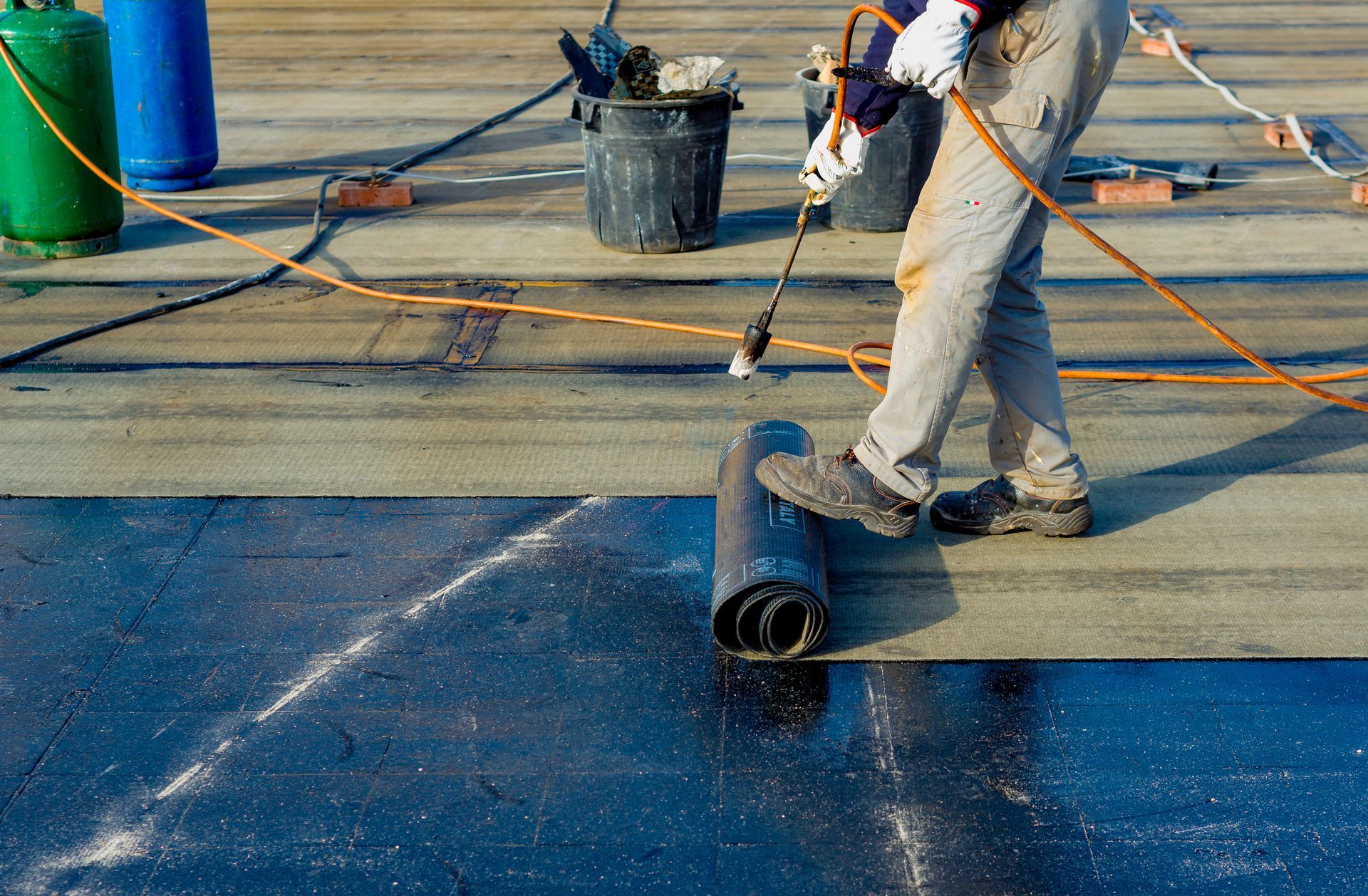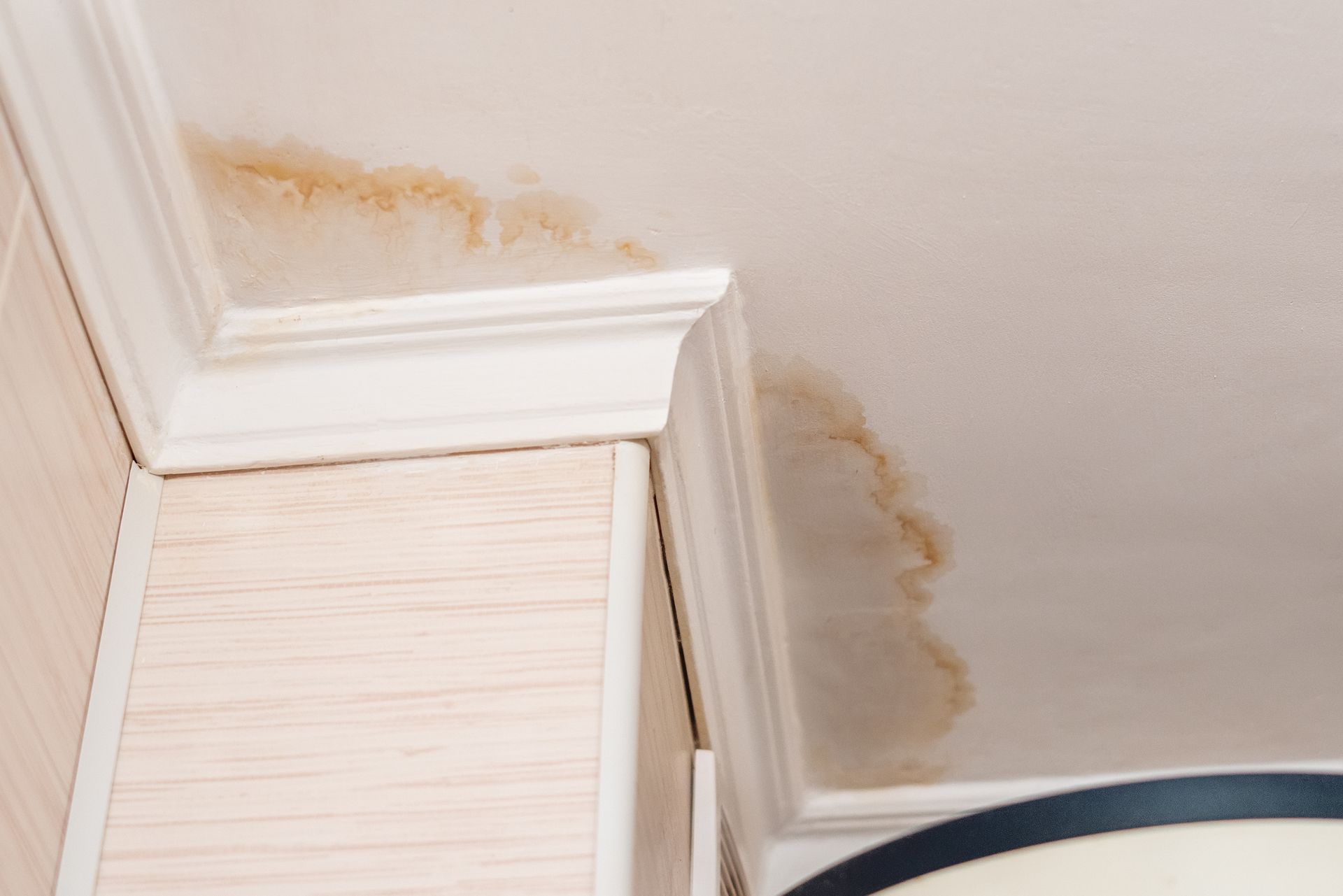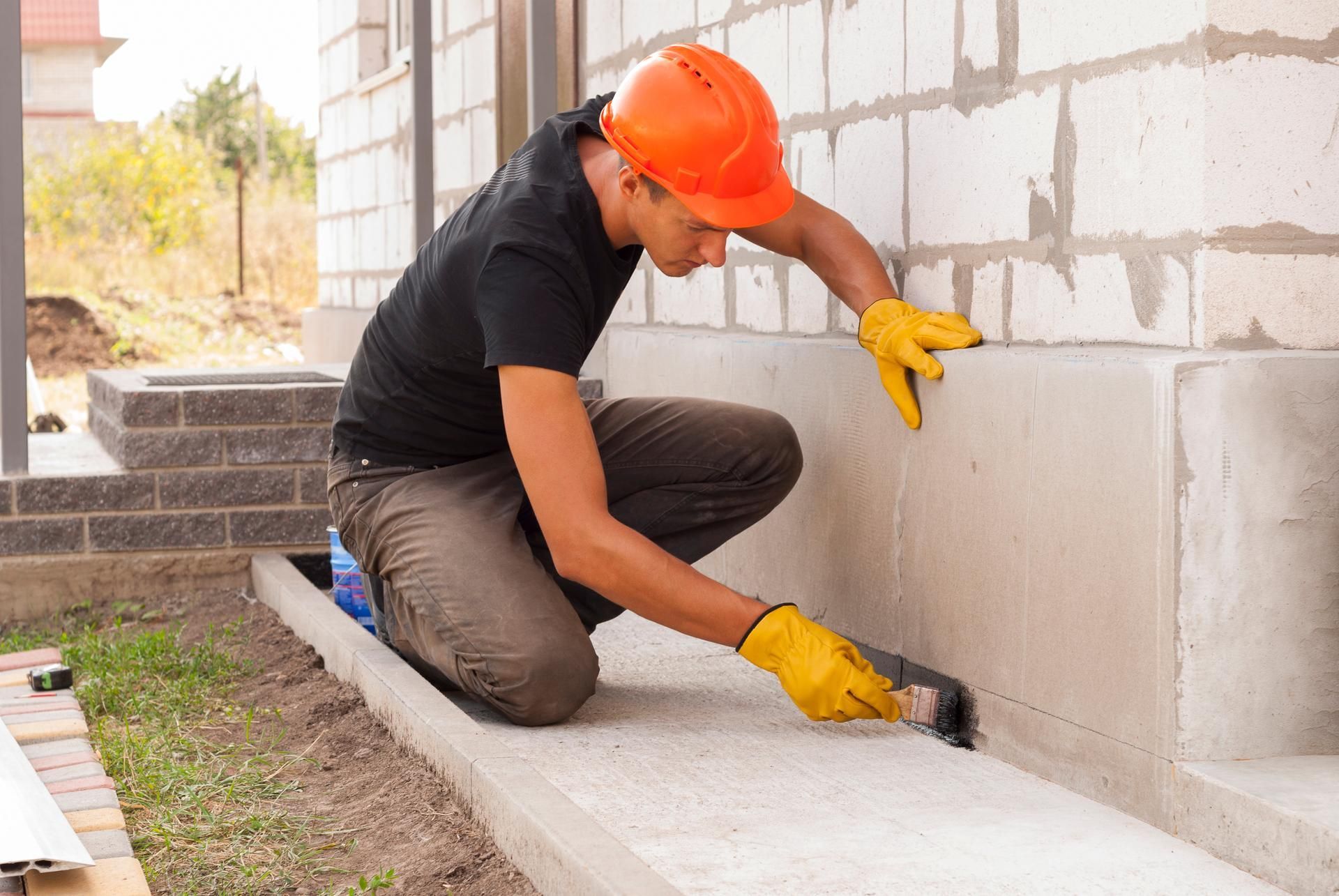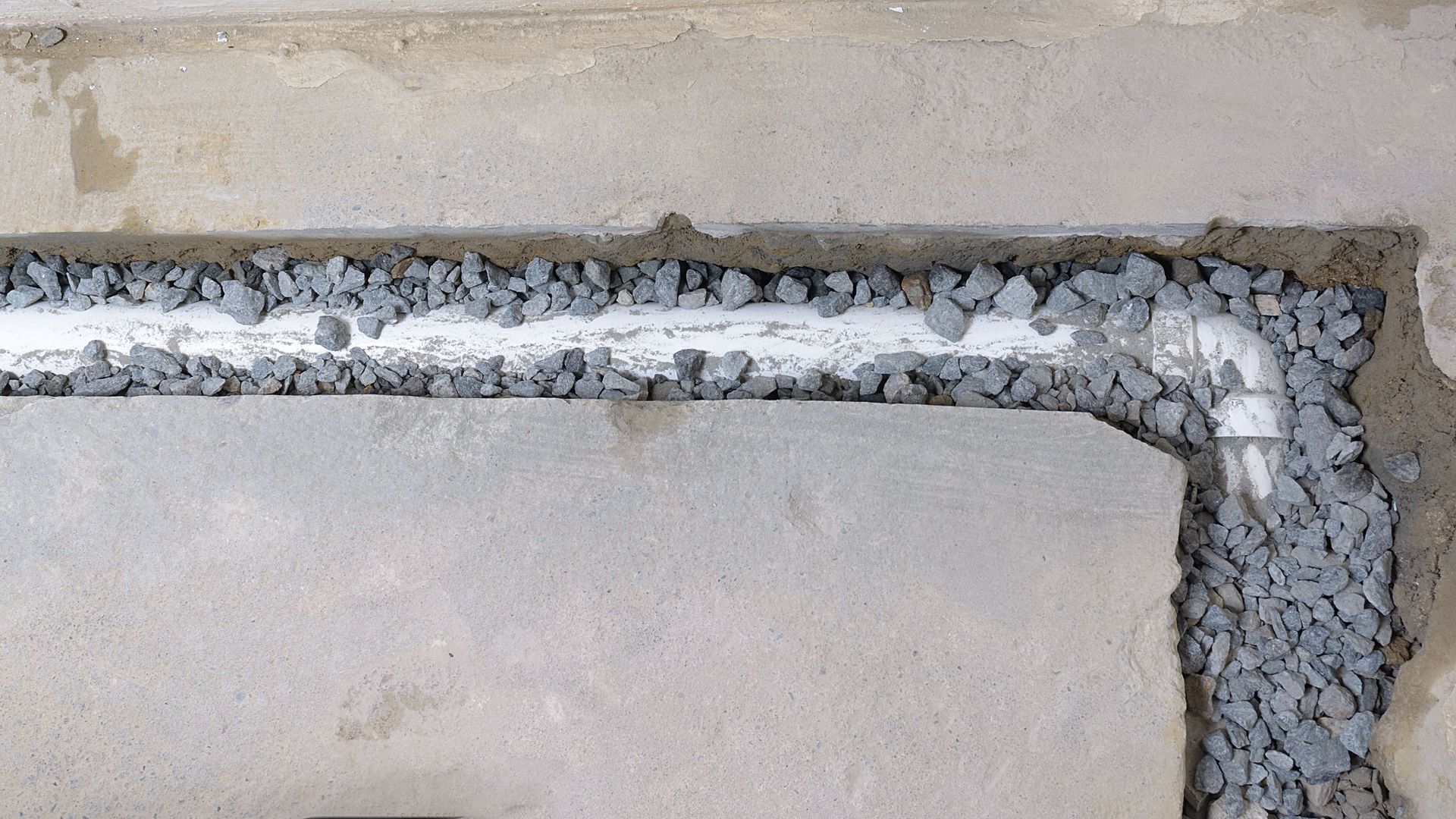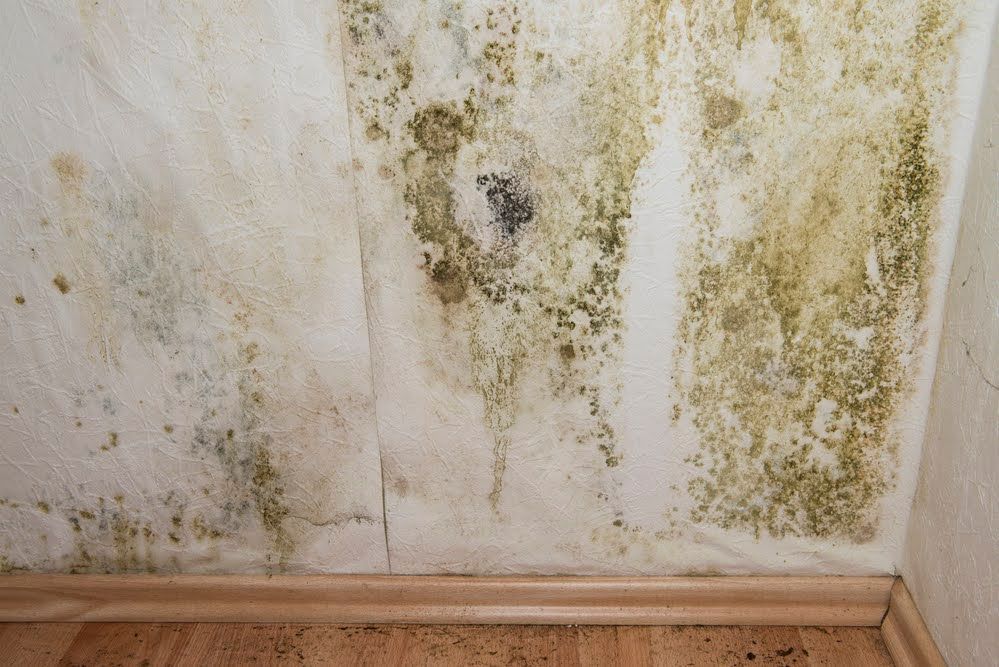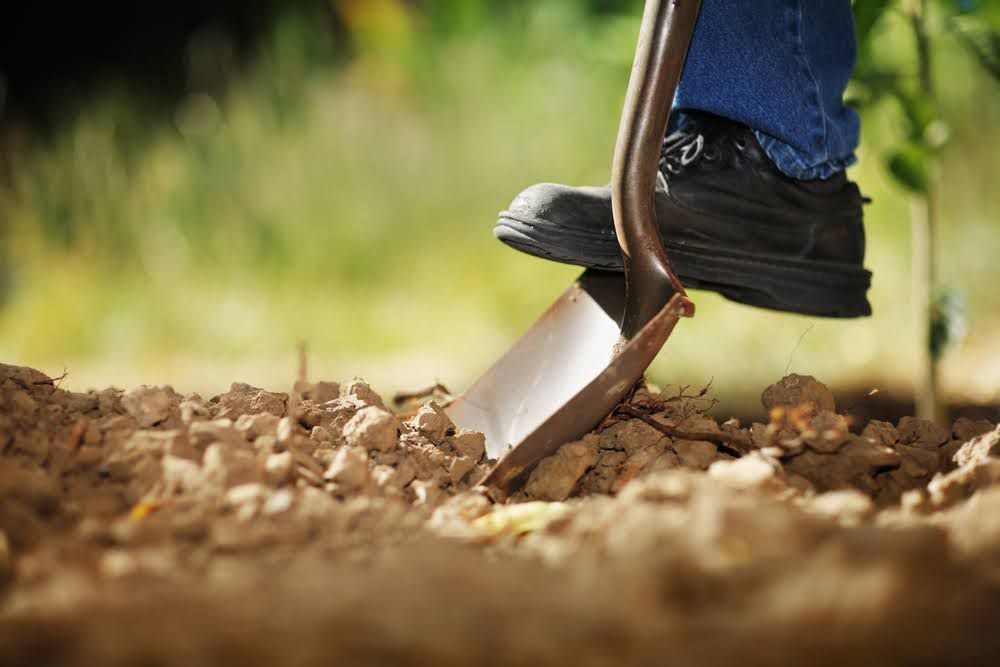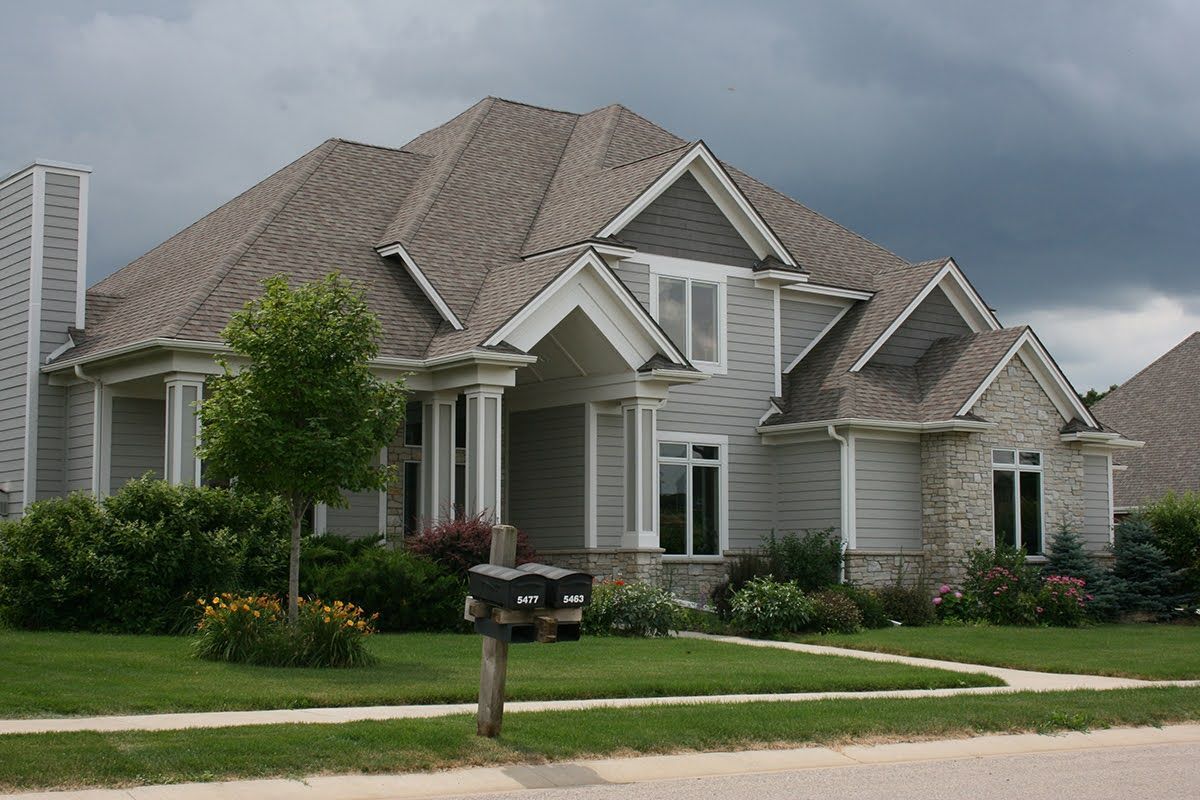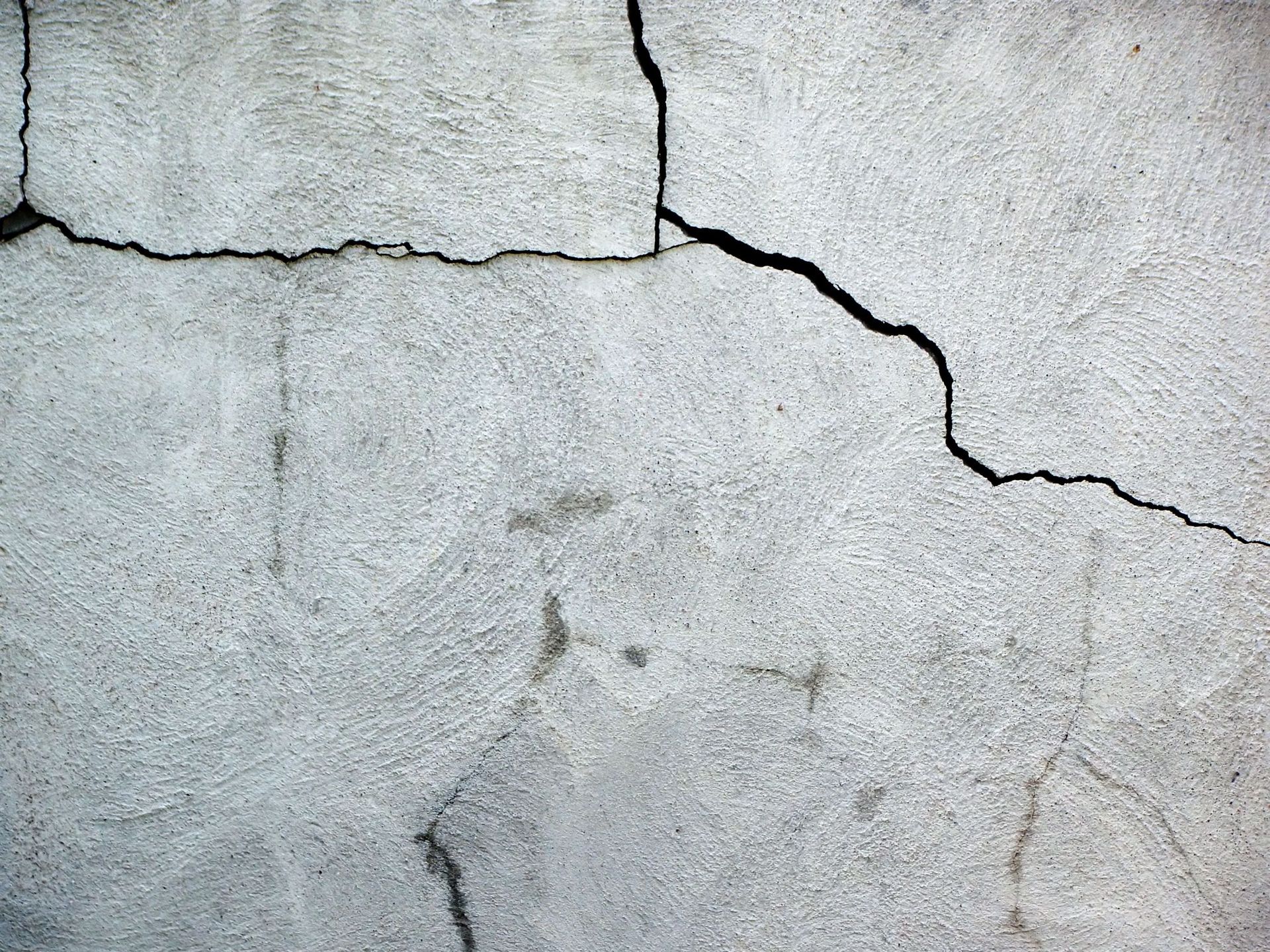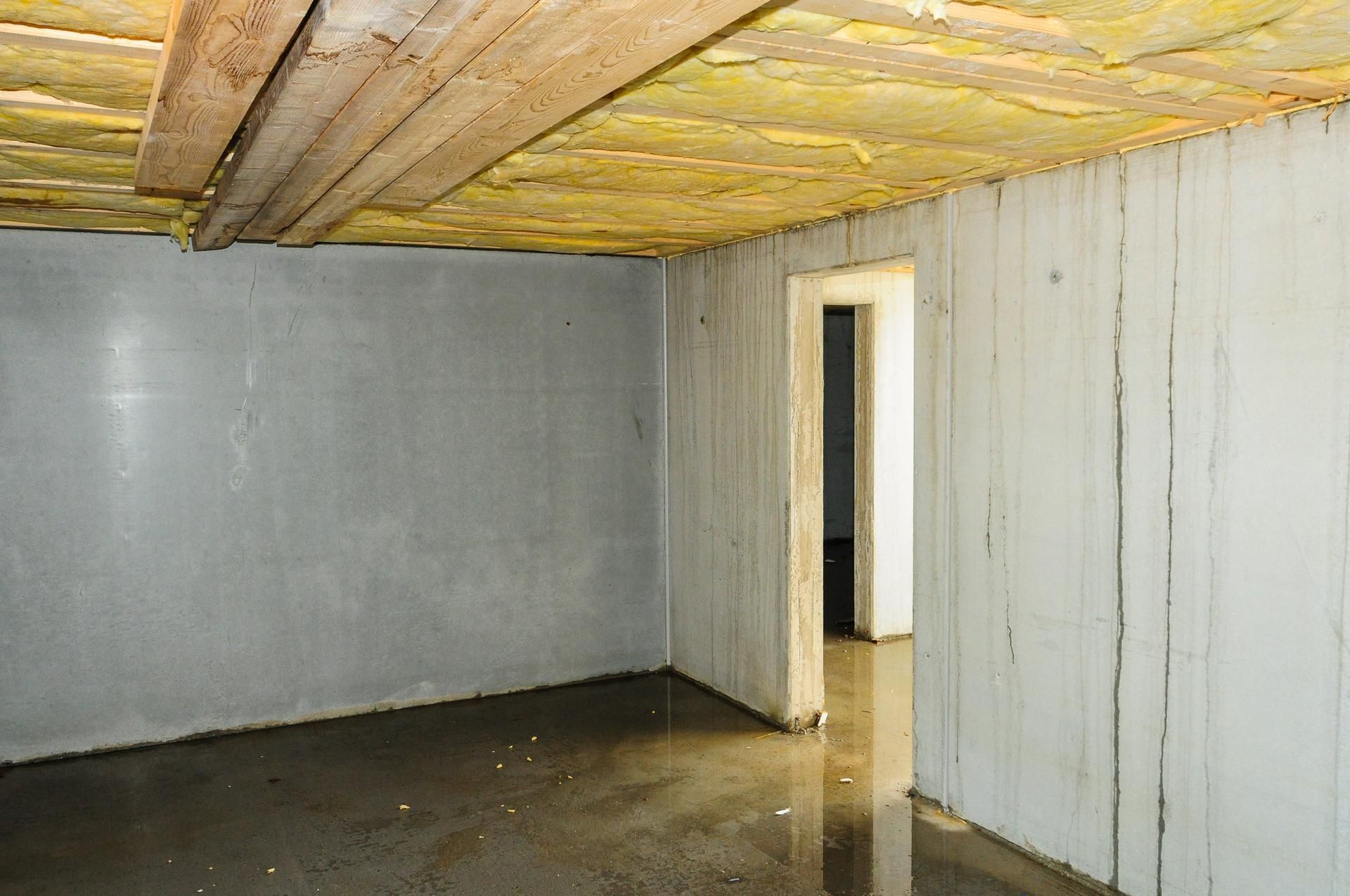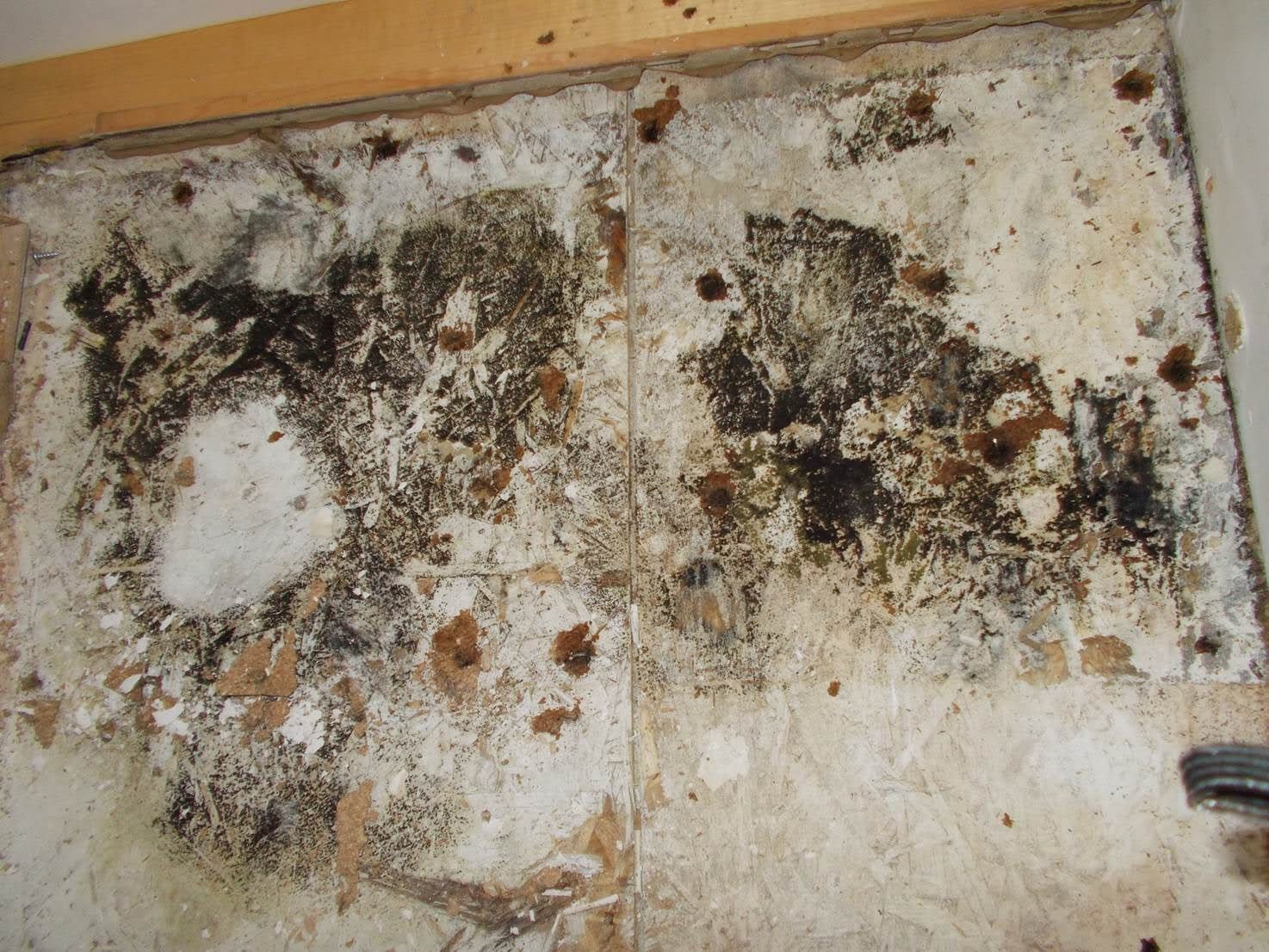Everything You Need To Know About Exterior Basement Waterproofing
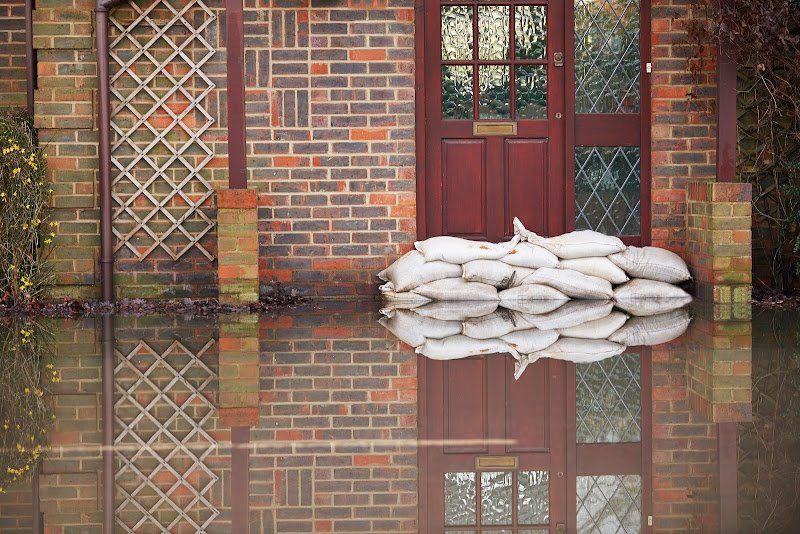
Your basement can serve as a storage room or an extra room for guests, but it requires additional protective measures to keep it safe for use. For example, if you've been experiencing water seepage in your basement, waterproofing will prevent the damage that humidity and moisture can cause.
Though not cheap, protective measures like exterior basement waterproofing can help you avoid costly basement renovations, saving you thousands of dollars. This guide answers all the questions you might have about exterior basement waterproofing.
What Is Exterior Basement Waterproofing?
Exterior waterproofing is usually the best way to prevent water from seeping into your basement. Exterior basement waterproofing involves directing water away from your building using materials such as sealants or installing sump pumps and drains as well as adding a barrier that can prevent moisture from seeping into your basement.
Why Should One Consider Exterior Basement Waterproofing?
During the rainy season, water can find its way into your basement through cracks or porous areas on your basement's walls. You can best solve this problem by installing the barriers around your basement wall.
Exterior basement waterproofing offers numerous benefits:
- Prevents water from entering your home's basement
- Directs water to your external drainage system
- Relieves hydrostatic pressure by replacing the surrounding soil with gravel
- Can make your basement more livable by eliminating musty odors
- Can increase your home's value
Exterior VS Interior Waterproofing: Which Is Better?
Since each waterproofing method has some pros and cons, the best waterproofing method for you depends on your situation. To determine which method suits you best, consider these factors:
Cost
If you are on a tight budget, the best waterproofing method can be the least expensive one — interior waterproofing. External waterproofing is more costly to install due to more work and materials.
Space
External basement waterproofing requires more space than internal waterproofing due to the excavation required. Therefore, you can't use this method if you don't have enough space around your house.
Desired Result
Internal basement waterproofing eliminates the water that has already found its way into your basement, but external waterproofing keeps the water out of your basement. Therefore, exterior waterproofing is better if you suspect that the seepage will penetrates deeper into your foundation.
When Is the Right Time for Exterior Basement Waterproofing?
Most homeowners do exterior waterproofing during the house construction process, but you can also do it if you notice water seepage signs in your basement. While you can do waterproofing in any season, summer is the best time to start your exterior basement waterproofing project due to the following reasons:
- You can more easily install the waterproofing systems, thanks to less rainfall in the summer.
- You can often find a waterproofing contractor faster, as they are less busy during the summer months.
What Does One Need for an External Basement Waterproofing Project?
Basement waterproofing requires a variety of objects and information to get the job done properly. These supplies can include pipes and drains, digging equipment, and mortar to repair cracks. Most importantly, it requires experience and certifications in order to make sure the job is done correctly and safely.
You could use a shovel to dig around your home, but that could take longer. Since you may not have the skills and tools required, hire a local waterproofing contractor to fix your basement's leakage issues.
Never risk damaging your home due to solvable issues like water seepage. It is inadvisable to try a waterproofing project without professional help. At Central Penn Waterproofing, we are committed to resolving our client's water problems using the most logical methods. Contact us today for referees and a free estimate.


